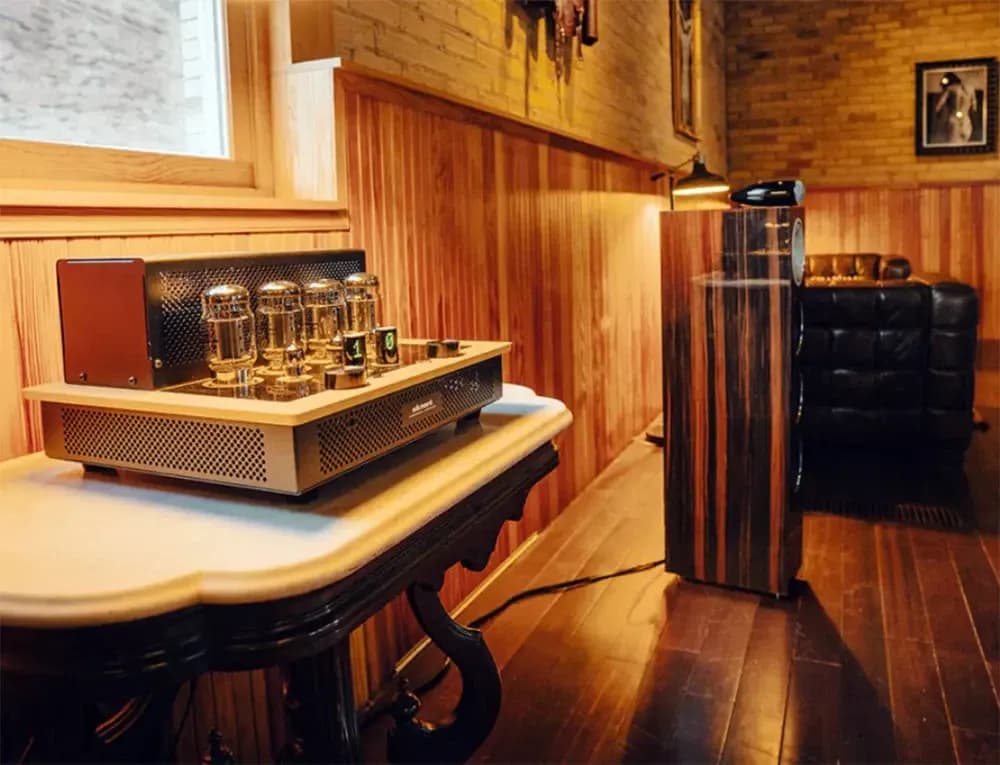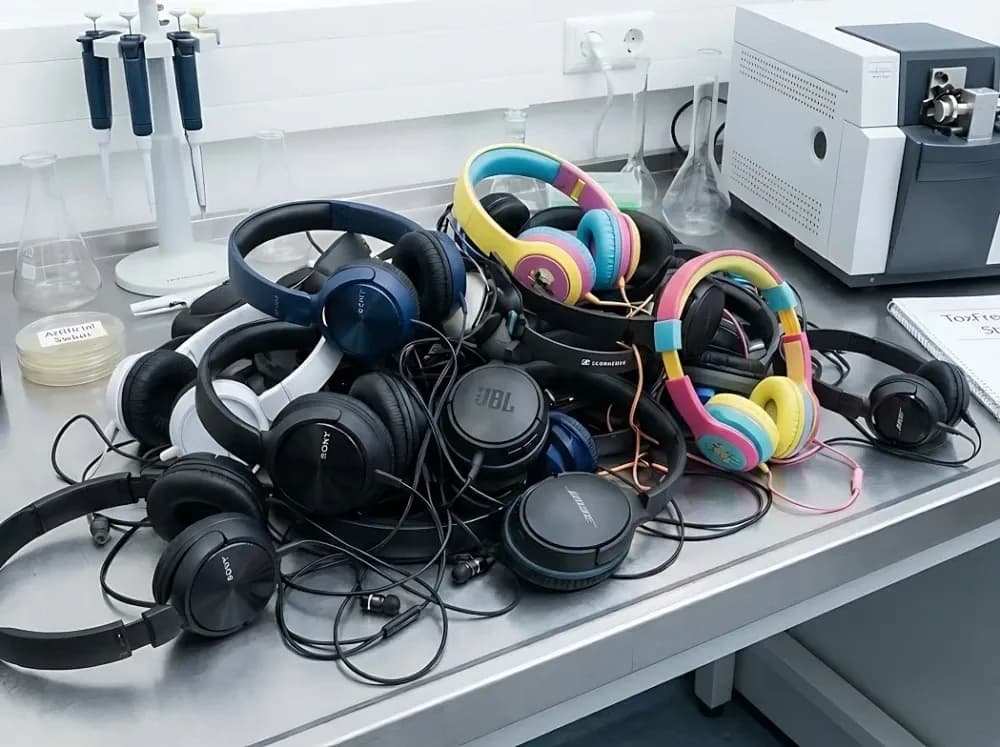Apple Introduces Hearing Aid Feature for AirPods Pro 2 in UK with Free Update
By HiFi Editorial24 February 2026

Key Highlights
AirPods Pro 2 now function as clinical-grade hearing aids for mild to moderate hearing loss with a free software update.
Personalized hearing profiles created via a 5-minute test adjust audio in real-time for conversations, calls, and media.
Features include real-time sound adjustments, a personalized audiogram, and Loud Sound Reduction for noise protection.
Apple has introduced a significant health enhancement for AirPods Pro 2 users in the UK, transforming these noise-cancelling earbuds into clinical-grade, over-the-counter hearing aids. Starting Monday, February 24, a free software update allows users with mild to moderate hearing loss to access this new Hearing Aid feature, potentially improving the lives of millions across the region.
The update leverages a personalized hearing profile, generated through a five-minute Hearing Test conducted via a compatible iPhone or iPad. This profile enables the AirPods Pro 2 to dynamically adjust audio in real-time, enhancing conversations and environmental sounds without the need for traditional hearing aids. This seamless integration ensures that users can benefit from improved hearing during phone calls, music, movies, and even gaming, providing a natural and unobtrusive listening experience.



